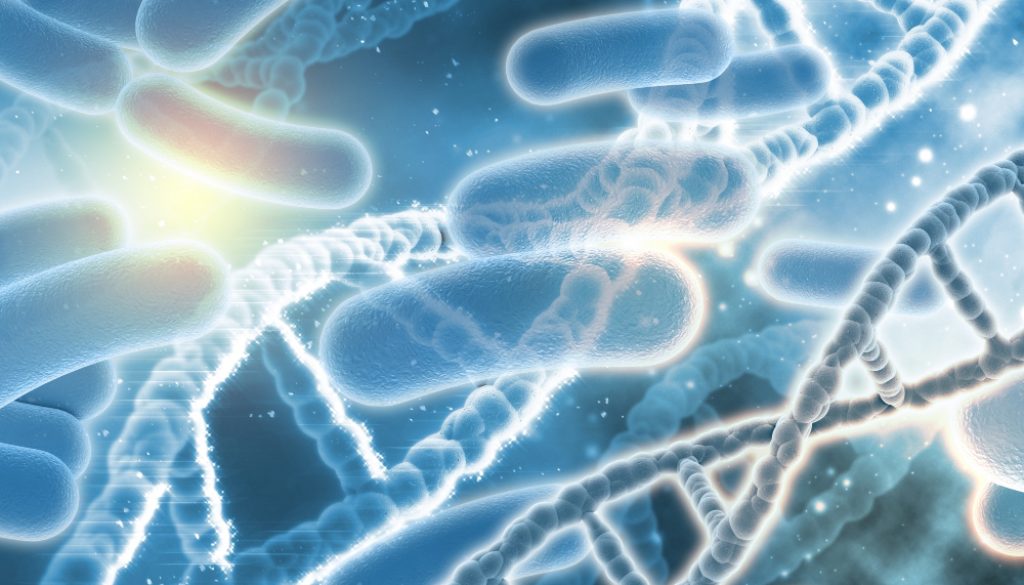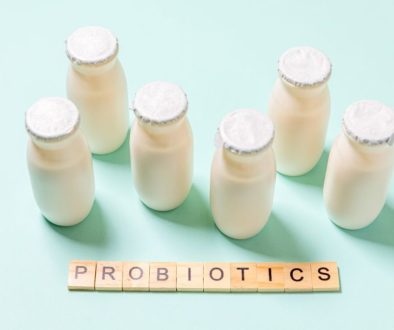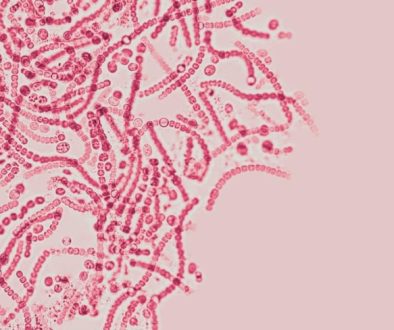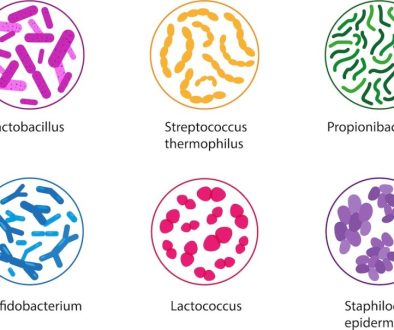Micro-flora plays a crucial role in body health
How can probiotics and prebiotics help the human body
Microorganisms and “good bacteria” may help with digestion, while offer protection against harmful “bad” bacteria.
Prebiotics and probiotics action in a symbiotic way in order to help your system. Prebiotics are non-digestible carbohydrates that can be considered “food” for probiotics. Probiotics are found in foods such as dairy (yogurt, kefir), while prebiotics are found in whole grains, bananas, onions, garlic and honey. Both probiotics and prebiotics are available as dietary supplements.
Mainly, probiotics may help:
- Treat diarrhea and digestive imbalances, especially the ones caused by antibiotic treatments. Also probiotics can help alleviating irritable bowel syndrome associated symptoms (IBS), ulcerative colitis, Crohn’s and other inflammatory bowel diseases.
- Prevent and treat uro-vaginal yeast infections
- Minimize irritable bowel syndrome symptoms and intestinal infections
- Boost the immune system, making the body more resistant to cold, flu and allergies
Early research in the field has found that, in addition, the micro-flora may also play active key roles in the development of cancer, asthma, allergies, obesity, diabetes, autoimmune diseases as well as brain and behavioral problems like ADHD, autism and depression :
Behavior: micro-flora can apparently influence behavior by changing the expression of certain genes. Lack of gut bacteria is associated with “high-risk behavior”.
Gene Expression: probiotics have been found to influence the activity of hundreds of genes.
Diabetes: type 2 diabetes was associated with changes in intestinal flora.
Autism: people with compromised immune systems are at higher risk to develop ADHD and autism
Immunity: “friendly” bacteria have a direct beneficial effect on the body’s immune response. Probiotics can help increasing body’s resistance to respiratory illnesses and seasonal allergies.
Obesity: gut bacteria seems to reduce inflammation and other obesity markers.
Diabetes: probiotics supplements had been shown to have a positive effect on insulin sensitivity.
Depression and anxiety: imbalances of gut bacteria may lead to mood changes and anxiety, leading to depression.
Skin: acne and psoriazis were found to also be linked to gastrointestinal problems.
Oral health: bad breath, cavities and gum conditions can be improved by probiotics supplements, in order to overall promote better oral health.
To benefit from the various advantages that come with prebiotics and probiotics, eat indigestible carbohydrates (fiber-rich fruits and vegetables, onions, whole grains and garlic) and fermented foods such as yogurt, kefir, miso, sauerkraut, kimchi and pickles to populate the intestines.
When choosing a probiotics supplement to add to your daily diet, check with your doctor to be sure that it is suitable for your needs. Popular strains of probiotics are Lactobacillus (L. acidophilus, L. plantarum, and L. rhamnosus), Bifidobacteria (B. bifidum and B. longum) and Saccharomyces boulardii. Talk about probiotics strains, effects, reach of the intestinal tract and your overall condition, to amplify the health benefits.




